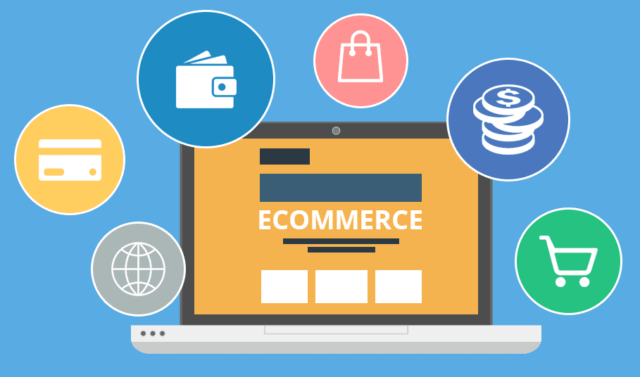Selecting the right e-commerce platform is a crucial step in launching a successful online business. With various options available, each offering unique features and capabilities, making the right choice can significantly impact your operations, customer experience, and overall growth. This blog outlines key factors to consider when choosing the right e-commerce platform for your business.

Table of Contents
Toggle1. Understand Your Business Needs
Before diving into platform options, it’s essential to assess your specific business requirements:
- Business Size and Scale: Consider whether you’re a small startup, a mid-sized company, or a large enterprise. Different platforms cater to different scales of operation.
- Product Range: Analyze the types and number of products you plan to sell. Some platforms handle large inventories better than others.
- Growth Potential: Think about your future growth plans. Choose a platform that can scale with your business, accommodating increased traffic and sales volume.
2. Ease of Use
An intuitive user interface is vital for managing your online store effectively:
- User-Friendly Dashboard: Look for a platform with a straightforward dashboard that makes it easy to manage products, orders, and customer data.
- Technical Skills: Consider your team’s technical skills. Some platforms are designed for users with little technical knowledge, while others may require coding expertise.
3. Customization and Design Flexibility
A visually appealing and unique online store is essential for attracting customers:
- Templates and Themes: Check the availability of customizable templates and themes that align with your brand’s identity.
- Flexibility: Ensure that the platform allows for modifications to design elements without requiring extensive coding knowledge.
4. Payment Gateway Options
Offering various payment methods can enhance the shopping experience:
- Integration: Make sure the platform supports multiple payment gateways, such as PayPal, Stripe, and credit/debit card processing.
- Transaction Fees: Be aware of any transaction fees associated with different payment processors, as these can impact your profit margins.
5. Mobile Responsiveness
With an increasing number of consumers shopping on mobile devices, mobile responsiveness is crucial:
- Mobile-Friendly Design: Choose a platform that offers mobile-optimized templates to ensure a seamless shopping experience on smartphones and tablets.
- Responsive Features: Look for features that enhance mobile usability, such as easy navigation and quick load times.
6. SEO Capabilities
Search engine optimization (SEO) plays a significant role in driving organic traffic to your e-commerce site:
- Built-in SEO Features: Evaluate whether the platform offers built-in SEO tools, such as customizable meta tags, sitemaps, and URL structures.
- Blogging and Content Creation: If content marketing is part of your strategy, consider platforms that support blogging and other content creation features.
7. Security Features
Protecting customer data is paramount for any e-commerce business:
- SSL Certificates: Ensure the platform provides SSL encryption to secure transactions and protect sensitive customer information.
- Compliance Standards: Verify that the platform complies with data protection regulations, such as GDPR or PCI DSS.
8. Customer Support
Reliable customer support can make a significant difference in resolving issues quickly:
- Support Channels: Check the available support channels (live chat, email, phone) and their responsiveness.
- Resources and Documentation: Look for platforms that offer comprehensive documentation, tutorials, and community forums for troubleshooting.
9. Cost and Pricing Structure
Understanding the total cost of ownership is essential for budgeting:
- Upfront Costs: Review the platform’s subscription fees and any additional costs for add-ons, themes, or plugins.
- Long-Term Costs: Consider potential costs associated with scaling, transaction fees, and payment processing.
10. Reviews and Reputation
Researching reviews and user experiences can provide valuable insights:
- User Feedback: Look for testimonials and reviews from other businesses that have used the platform.
- Reputation: Investigate the platform’s reputation in the industry, considering factors like reliability, performance, and customer satisfaction.
Conclusion
Choosing the right e-commerce platform is a vital decision that can significantly impact your online business’s success. By assessing your business needs, prioritizing ease of use, customization, payment options, mobile responsiveness, SEO capabilities, security features, customer support, and cost, you can make an informed choice. Take the time to research and evaluate different platforms to find the one that aligns with your goals and sets your business up for success in the competitive e-commerce landscape.


No responses yet